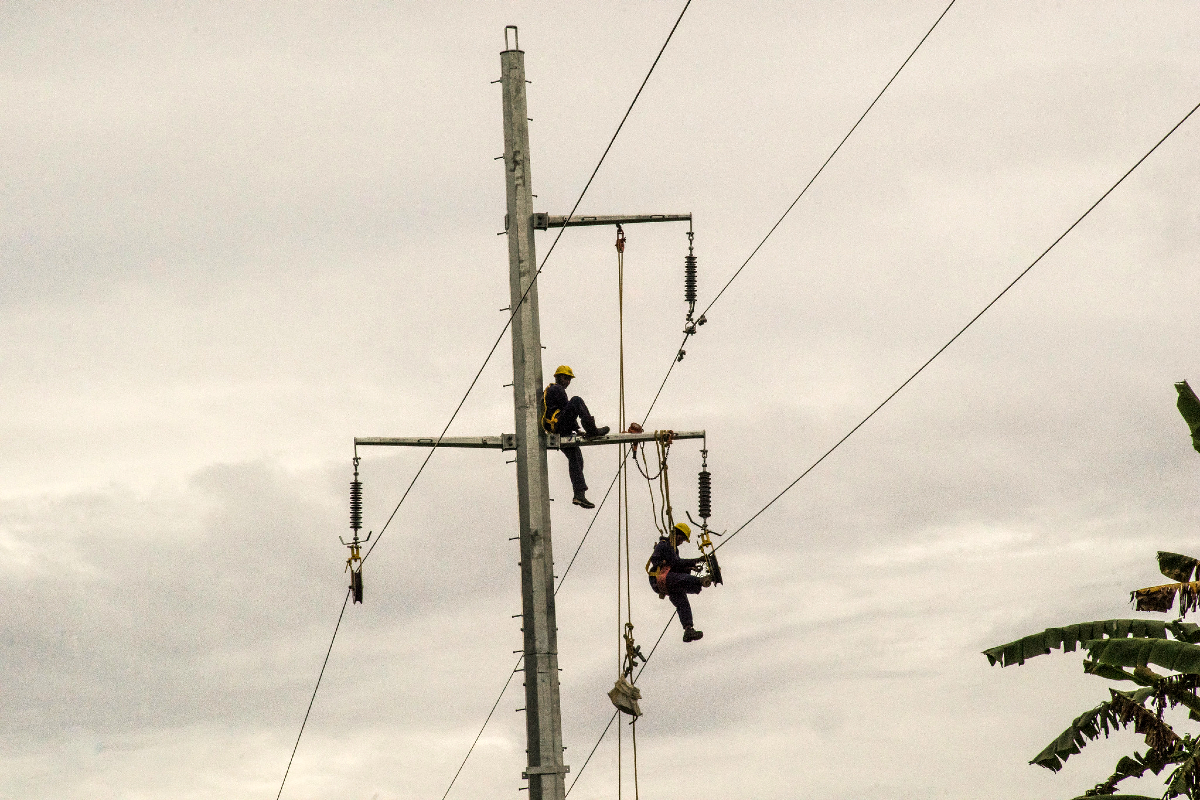
For state-owned power utility companies in the Pacific, it’s time to cut the cord
State-owned power companies in the Pacific are increasingly becoming a fiscal risk in part due to their outdated management practices. Reforms are needed to allow them to prosper and perform into the future.
Like in many developing countries, state-owned utilities in the Pacific have been influenced by governments’ involvement in their operations and decision making. This has hindered their ability to change and improve. Many governments have argued that this influence is needed because power utilities play a strategic role in delivering basic services to communities and enabling economic growth. With the COVID-19 pandemic, these utilities become even more critical for sustainable health care services that need uninterrupted power and water supply.
Despite their strategic national value, many of these utilities increasingly pose a fiscal risk to the fragile economies of the Pacific. This is due in part to the subsidies and financial support the companies require because they are not allowed to recover their operational costs through the fees they charge to consumers. During the pandemic, such subsidies compete with the government’s funding for health care, education, and other critical public services.
How can governments in the Pacific transform these underperforming utilities into sustainable businesses? Here are three basic steps to achieve that goal:
Allow the utilities to set tariffs that recover their costs. Creating transparent tariff systems that recover operational costs is a must for governments. To enable the power utility to be managed commercially, the government should create a transparent and simple tariff methodology and petition procedures; establish independent tariff setting procedures by regulators; and replace subsidies with direct monetary compensation to poor and low-income households to help them pay their power bills without undermining the financial viability of the utility.
Improve corporate governance. The government should act like any other shareholder and be concerned with corporate performance, particularly the return on investment, as well as the economic viability of the company. This will not only improve the financial performance of the utility, it will contribute to broader economic, social, and service delivery improvements. The interaction of the government with the utility board should aim to maximize profitability and sustainability, and where there is a management contract with a private concessionaire this intent should be determined in the legal framework.
The board of the power utility needs to be empowered legally to fulfill its fiduciary duties and the achievement of commercial viability in maximizing shareholder value. While appointing the utility board, the government, as a shareholder, should ensure transparency of the process and selection of suitably skilled and qualified board members with strong integrity.
All board appointments by the state should be based on the capability of proposed candidates to exercise their legal duty and responsibility toward the power utilities’ corporate objectives rather than fulfilling the government’s political objectives. The board is expected to exercise its powers and functions with independent judgment, authority and accountability, maximizing return on investments and ensuring financial viability, following internationally recognized state-owned enterprise corporate governance practices.
For state-owned utilities, it is time for a new corporate and sustainable model that is open to change and quick to modernize and evolve.
Introduce performance metrics and monitoring capability. Defining clearly set measures of power utilities’ performance, including performance evaluation metrics, customer satisfaction, and financial performance, are minimum requirements for the utilities to cut the cord and stand alone. Changing management culture toward transparently determined commercial targets can be one way to move in this direction. Brokered independently by a third party, such as a multilateral development institution, the performance metrics – combining technical, commercial, and operational ratios and investment commitments – is critical to building a new ecosystem for the utilities.
The application of key performance indicators backed by benchmarking can represent an indispensable tool for both the objective-oriented management board and the government. The application of key quantitative indicators will also provide valuable comparative information for the governments to gain perspective on their utilities’ assets and design new strategies to increase overall efficiency of public sector operations.
Also, by creating financially healthy utilities, the government will no longer need to support it with operational or investment-related funds, and hence savings can be redirected to other social programs for poor and low-income households. An independent verification mechanism by performance audit will help the governments in monitoring utilities’ results.
Many Pacific countries have started to embark on strong utility reforms such as these. For example, the Federated States of Micronesia, with ADB support, has committed to reforming the utility company in the state of Pohnpei. Papua New Guinea has developed stronger procurement policies in its state-owned power utility company. Most recently, the Republic of Palau, supported by ADB, has successfully completed its three fundamental steps in transforming the country’s power and water utility company into a sustainable corporate business model, maximizing its potential to help the country meet its renewable energy targets.
The situation after the COVID-19 pandemic is not going to be “back to normal” for utilities and governments, by any means. The governments should consider the ongoing turbulence as a time to cut the cord and transform these utilities into agile, independent companies.
For state-owned utilities, it is time for a new corporate and sustainable model that is open to change and quick to modernize and evolve.






